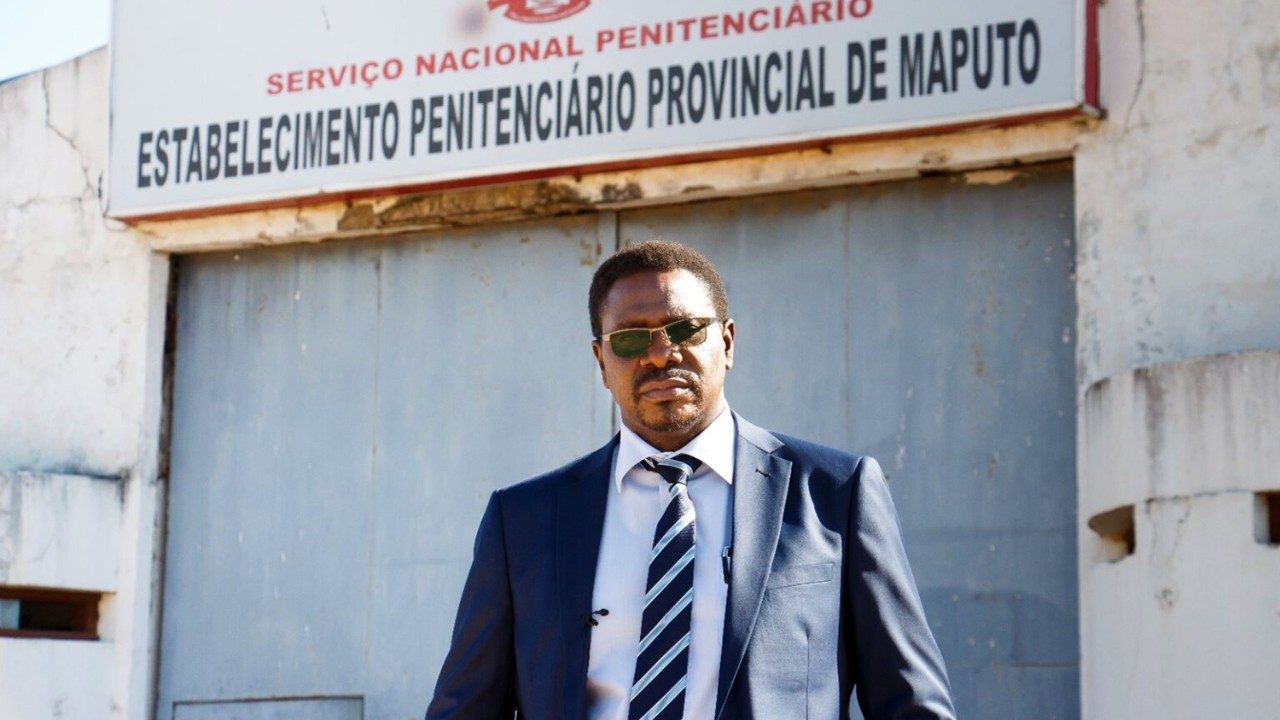
NGOCSTIP – Migration fuels human trafficking. As individuals search for better lives, they become vulnerable to exploitation. Human traffickers prey on these vulnerabilities. Migrants are often promised better work opportunities in foreign countries. However, many end up trapped in forced labor, sexual exploitation, or other forms of abuse. This dark connection between migration and trafficking is growing worldwide. Governments and organizations must take immediate steps to address the issue.
Migration increases the risk of human trafficking. Many migrants leave their homes seeking better opportunities. Poverty, violence, and political instability force people to migrate. However, their desperation often makes them easy targets for traffickers. They may trust strangers offering false promises of employment. In reality, they are taken into exploitative situations. These individuals are often unaware of the risks they face. Migrants, especially those without proper documentation, are particularly vulnerable. This issue is a global crisis that requires urgent attention.
“Read about: Human Trafficking in Conflict Zones: The Rising Threat”
Traffickers use various methods to exploit migrants. They prey on the desperation and lack of knowledge many migrants have. They lure migrants with promises of well-paying jobs or better lives. Once in a foreign country, traffickers trap migrants in abusive conditions. They force migrants to work under dangerous conditions. In some cases, traffickers subject migrants to sexual exploitation or hold them against their will. Trafficking migrants violates human rights and creates economic issues. It harms the global labor market.
Social and economic factors contribute significantly to the migration crisis. In many countries, poverty, unemployment, and war force individuals to migrate. These individuals often lack education or resources to secure a safe future. As a result, they become easy targets for traffickers. Traffickers prey on their desperation. In some cases, they may promise migrants a better future. However, migrants often find themselves in situations where they cannot escape. They are exploited by people who view them as commodities. The lack of protection for these individuals worsens the problem.
To address the link between migration and human trafficking, stronger policies are essential. Governments must implement comprehensive strategies to protect migrants. Legal and social services should be provided to assist those at risk. Migrants need to be educated on the dangers of trafficking. They should also be informed about their legal rights. Collaborative efforts between countries are necessary to tackle this issue. Global partnerships can help to reduce the vulnerability of migrants. More resources should be allocated to anti-trafficking initiatives. Better border control measures are also crucial to prevent trafficking networks from thriving.
“Read more: Exclusive Breastfeeding: A Key to Your Baby’s Health and Immunity”
Education plays a critical role in preventing human trafficking. Migrants need to be aware of the risks they face. Awareness campaigns can help inform people about the signs of trafficking. It is also important for migrants to learn about safe migration practices. They should know how to access support if they are in danger. NGOs and other organizations can assist with these efforts. Information should be available in multiple languages to reach a broader audience. Social media and online platforms can be powerful tools for spreading awareness. Education empowers migrants to make informed decisions.
International organizations play a crucial role in combating human trafficking. These organizations can provide resources and guidance to governments. They can also offer support to victims of trafficking. Collaborative efforts between countries can help address the root causes of trafficking. Many international organizations work on raising awareness about the dangers of trafficking. They also provide legal assistance to help victims escape their traffickers. Their efforts can lead to more effective policies to protect migrants and combat trafficking.
Migrants need protection from exploitation. Support systems must be in place to ensure their safety. Countries must offer legal protections for migrants, regardless of their status. They should have access to safe housing, healthcare, and legal support. Many migrants face exploitation and abuse because they fear reporting their situation. Creating a safer environment for migrants will help reduce their vulnerability. Comprehensive systems should be established to ensure migrant workers are protected. Protecting migrants benefits not only individuals but also the economy and society at large.